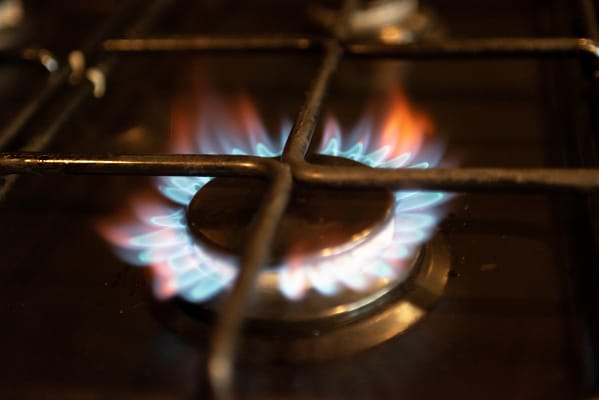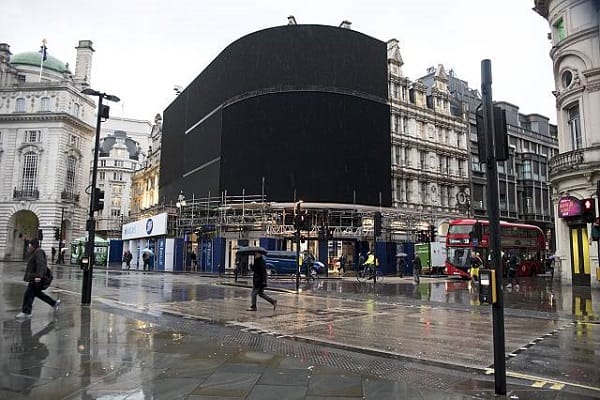Ofgem’s Energy Price Cap: A Battle Against Inflation or a Market‑Controlled Mirage?
The newest whistle‑blower report paints a rather damning portrait of Ofgem’s energy price cap—claiming it’s not only driving inflation but also blocking customers from snagging cheaper tariffs. The Centre for Policy Studies (CPS) argues that the cap has strayed far from its original intent: a safeguard for millions of households. Instead, it’s now acting like a state‑administered price fence on the energy market.
What The Numbers Are Saying
- For the past two years, almost every tariff lingered at or below the cap.
- According to CPS researcher Dillon Smith, this means the government has, inadvertently, become the real-time price setter for energy.
- Consequently, consumers are unable to hunt for better deals.
Smith’s Take: “From Cap to Control”
“This isn’t a cap anymore—it’s a state price control for nearly the entire market,” Smith warns, pointing out that the energy crisis has subverted the cap’s original purpose. With competition almost extinct, suppliers have little impetus to introduce newer, more affordable options. The result? Prices stay high, and inflation swells.
Other Voices on the Issue
Craig Lowrey – Cornwall Insight
Although the cap has seen recent cuts, Lowrey says households still face bills that’re sky‑high compared to the past. “We must re‑think the price cap and bring back real choice and competition for the consumer,” he urges. He calls for social tariffs, energy‑efficiency programs, and other measures that can protect vulnerable families and bring sustainable prices in line.
Simon Francis – End Fuel Poverty Coalition
Francis describes Britain’s energy system as “broken” and warns that, without a fundamental overhaul, households will suffer while suppliers get richer. He notes potential profits from suppliers could finance debt relief, yet stresses that improved network reform, reduced consumption, and a shift towards cheap renewables are urgent necessities.
Energy UK’s Take
Energy UK counters that suppliers have lost £4 bn over the past four years—figures seemingly ignored by the new analysis. “What the cap allows on paper doesn’t match what’s actually earned.” Ofgem asserts that while many suppliers might return to profits this year, it should be seen against those recent losses. They confirm that most customers remain on price‑capped tariffs, a safeguard set to reflect supply costs, and this is unlikely to change in the immediate future.
What’s Next?
In the grand scheme, the report urges a re‑evaluation of the price cap, a push for cutting consumer prices through genuine competition, and a bigger focus on affordable, transparent energy solutions. The goal? To stop high bills from eating the pockets of ordinary Brits and to prevent suppliers from riding the wave of inflated profits.


